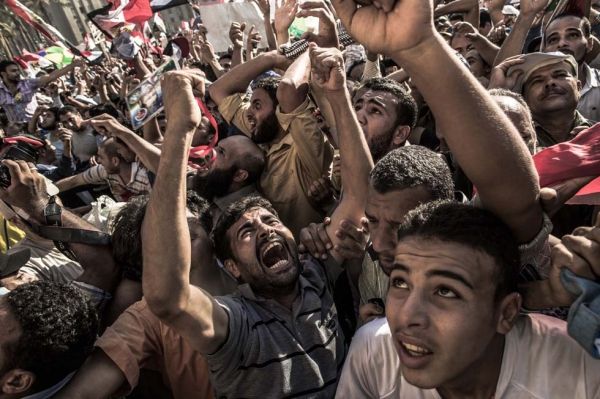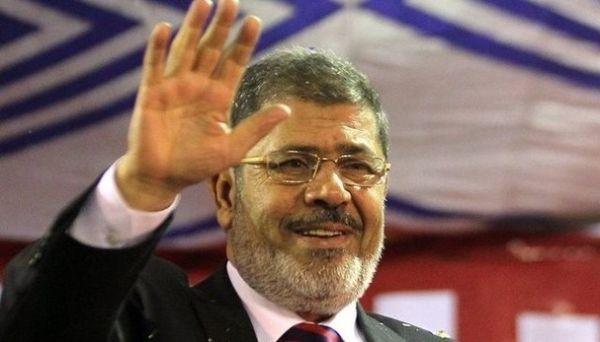Mursi wins Egyptian presidential election
The Muslim Brotherhood candidate Mohammed Mursi was declared the winner of the Egyptian presidential election on 24 June, over his opponent Ahmed Shafiq in the 16 June elections. The historic victory means that Mursi is Egypt’s first elected president.
There were scenes of jubilation when news that Mursi had won 51.7 per cent of the run-off votes reached the vast crowd of supporters in Cairo's Tahrir Square. The result was recognised officially by Egypt’s ruling generals, the Supreme Council of Armed Forces (SCAF) who many thought would insist that its preferred candidate Shafiq be declared the winner.
Although Mursi, a Californian-trained engineer and former lawmaker, was in the lead according to early polls and independent judges, his opponent the former air force chief Shafiq and last prime minister under the ousted Mubarak regime, claimed that he was the winner. This resulted in the Supreme Presidential Electoral Commission (SPEC) postponing its announcement until 24 June. Although the United States and other major western powers have welcomed the result, they have called on Mursi to respect the civil rights of women and Christians in particular.
Mursi has resigned from the Brotherhood and its political arm, the Freedom and Justice Party, and is expected to nominate a prime minister and cabinet in the coming days. He promised to select the prime minister and advisory council from outside the Brotherhood as part of a unity government based on an alliance with liberals and other secular figures.
However tensions remain over the decision taken by the generals just before the presidential elections to dissolve the Islamist-dominated parliament on the grounds that its election at the end of last year was conducted unconstitutionally. This has led to protests in Tahrir Square, calling for the military to reverse its decision and reinstate parliament.
As the president-elect sets about selecting his cabinet, Mursi has vowed to take his oath of office in front of parliament, which he hopes will be re-instated, and not the Supreme Constitutional Court as decreed by SCAF. It is still not certain what the presidential powers will be as these depend on a new constitution.
Mursi is scheduled to be sworn in on 30 June, the deadline issued by the generals to hand Egypt over to "civilian rule."


















